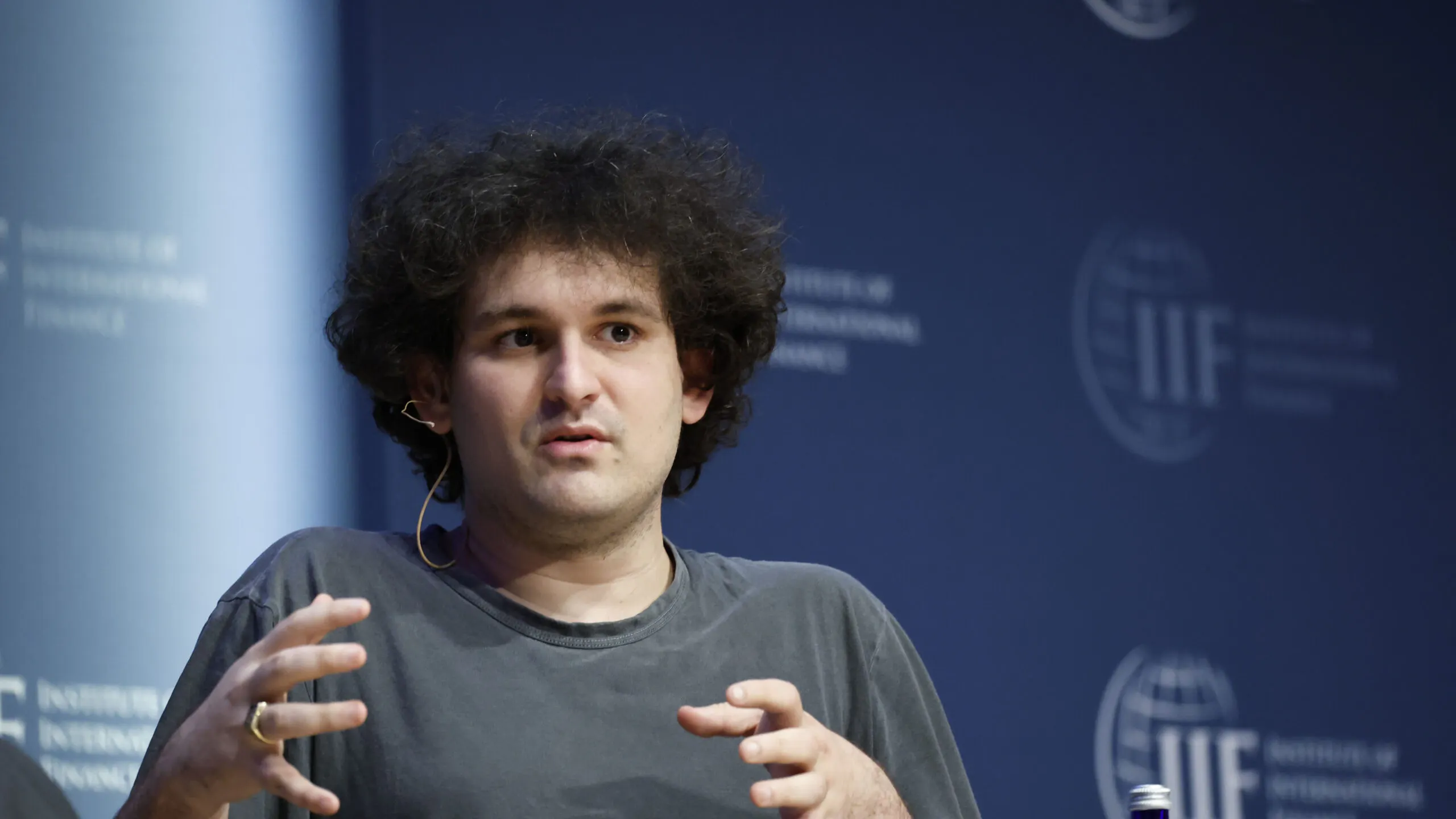Sam Bankman-Fried has been charged by the Securities and Exchange Commission with leading a scheme meant to defraud investors who funded cryptocurrency exchange FTX.
FTX recently filed for bankruptcy after users discovered that the platform was likely fraudulently intertwined with the firm Alameda Research; both were controlled by Bankman-Fried and an insular group of amateur executives working from a luxury penthouse in the Bahamas. The disgraced entrepreneur was arrested on Monday by authorities in the island nation, where his companies were headquartered, under the expectation that American officials would soon request his extradition.
Bankman-Fried has been charged by the SEC with violating the anti-fraud provisions of the Securities Act of 1933 and the Securities Exchange Act of 1934. “We allege that Sam Bankman-Fried built a house of cards on a foundation of deception while telling investors that it was one of the safest buildings in crypto,” SEC Chair Gary Gensler remarked in a press release. “The alleged fraud committed by Mr. Bankman-Fried is a clarion call to crypto platforms that they need to come into compliance with our laws. Compliance protects both those who invest on and those who invest in crypto platforms with time-tested safeguards, such as properly protecting customer funds and separating conflicting lines of business.”
Bankman-Fried has insisted during multiple media interviews that his companies’ failure was due to ineptitude rather than overt criminal behavior.
The agency’s complaint, however, asserted that Bankman-Fried defrauded more than $1.8 billion from investors, with most of the funding sourced from American citizens, while touting FTX as a “safe” and “responsible” platform even as he provided Alameda Research with a virtually unlimited line of credit funded by the company’s customers. The complaint also alleges that he used commingled funds to make “undisclosed venture investments, lavish real estate purchases, and large political donations.”
Bankman-Fried contributed roughly $39 million to Democratic nominees during the recent midterm election cycle, according to data from Open Secrets, which ranked him as the country’s sixth-largest individual midterm donor. He said that he contributed “about the same amount” to Republicans through dark money in a recent interview. The self-proclaimed “effective altruist” also gave millions of dollars to media outlets and provided loans to the chief executive of cryptocurrency publication The Block.
The Commodity Futures Trading Commission and the U.S. Attorney’s Office for the Southern District of New York have likewise announced charges against Bankman-Fried.
The would-be digital asset wunderkind has said that he would “give anything” to start a new venture and earn the funds necessary to compensate investors and customers. Officials at the SEC nevertheless intend to bar him from participating in the issuance, purchase, offer, or sale of any securities, except for his own personal account.
Lawmakers have called for additional regulations on the nascent cryptocurrency sector, in which investors have lost a significant degree of trust following the FTX collapse. Members of the Senate Agriculture Committee recently held a hearing with Commodity Futures Trading Commission Chairman Rostin Behnam on increasing federal oversight of the industry.
Current FTX CEO John Ray III, an attorney who succeeded Bankman-Fried to handle the company’s bankruptcy, confirmed in a court filing that the young executives managing the firm were entirely unqualified. “Never in my career have I seen such a complete failure of corporate controls and such a complete absence of trustworthy financial information as occurred here,” said the lawyer, who previously oversaw the implosion of fraudulent energy company Enron.

.png)
.png)

